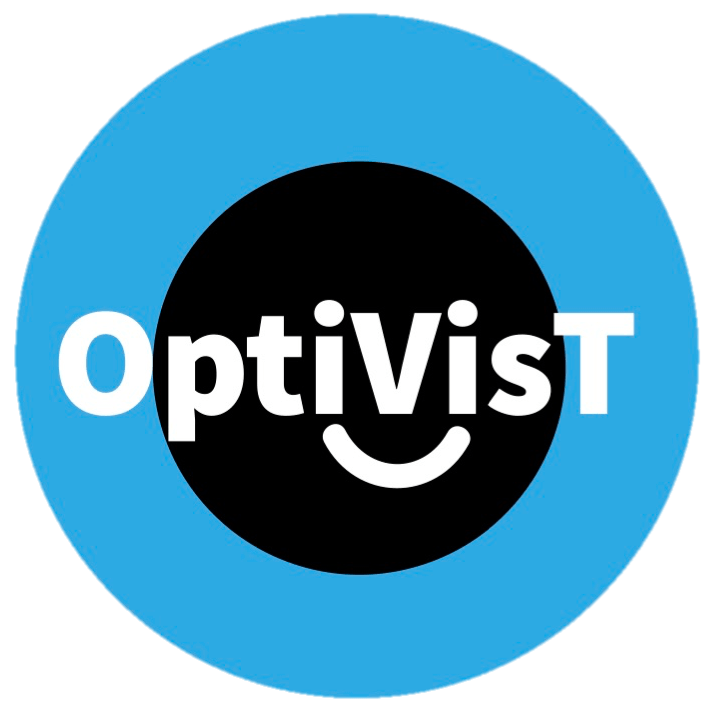PROJECT 8
Augmented Reality games for assessing and training functional vision and visual cognition
Why? Current visual tests use stimuli such as line drawing under the assumption that similar skills are used when we encounter real objects in daily life. However, various studies showed that 2D images are processed differently than real objects. The goal of this project is to create new assessment tools to substitute the current 2D paper-pencil tests of visuospatial abilities with more realistic 3D objects. The use of 3D objects in AR might stimulate the processing of motor features of the object (e.g. object weight and size, both relevant for manipulation) and resemble visual recognition of real objects in a more intuitive and ecological valid way than current paper-and-pencil-based tests.
How? This project will use a series of behavioral measurements to track eye and hand movements in real and augmented reality environments. Measurements will be collected on different populations, such as healthy adults and children.
Where? You will join the Visual Neuroscience group of the Laboratory of Experimental Ophthalmology of the University Medical Center Groningen (Groningen, the Netherlands). The group is led by Prof. Frans Cornelissen. The project will be co-supervised by Dr. Fabbri from Experimental Psychology (University of Groningen), expert on perception and action and behavioral measurements. In this project, we will collaborate with the Donders Institute (Nijmegen, NL) and the company AST (DE)).
What will you learn? You will receive training on eye and movement tracking in AR as well as general behavioural and psychophysical methods, advanced analytics, including deep learning. Moreover, you will learn ophthalmic evaluation using modern ophthalmic imaging techniques (such as OCT) and cognitive screening.
Who are we looking for? You should be highly interested in visual perception and visual cognition. The candidate should be very motivated to master programming languages such as Matlab and Phyton. Previous experience with eye and hand movement tracking and/or AR is a plus. Ideally, you have a background in vision science, movement science, experimental psychology, ophthalmology, or related areas. You have excellent English oral presentation and writing skills. You are a team player, but can also self-motivate and work independently.
References
- Chainay, H. & Humphreys, G. W. The real-object advantage in agnosia: Evidence for a role of surface and depth information in object recognition. Cogn. Neuropsychol. 18, 175–191 (2001). https://doi.org/10.1080/02643290042000062
- Holler, D. E., Fabbri, S., & Snow, J. C. (2020). Object responses are highly malleable, rather than invariant, with changes in object appearance. Scientific Reports, 10(1), 1–14. https://doi.org/10.1038/s41598-020-61447-8
Project output
No output yet.

